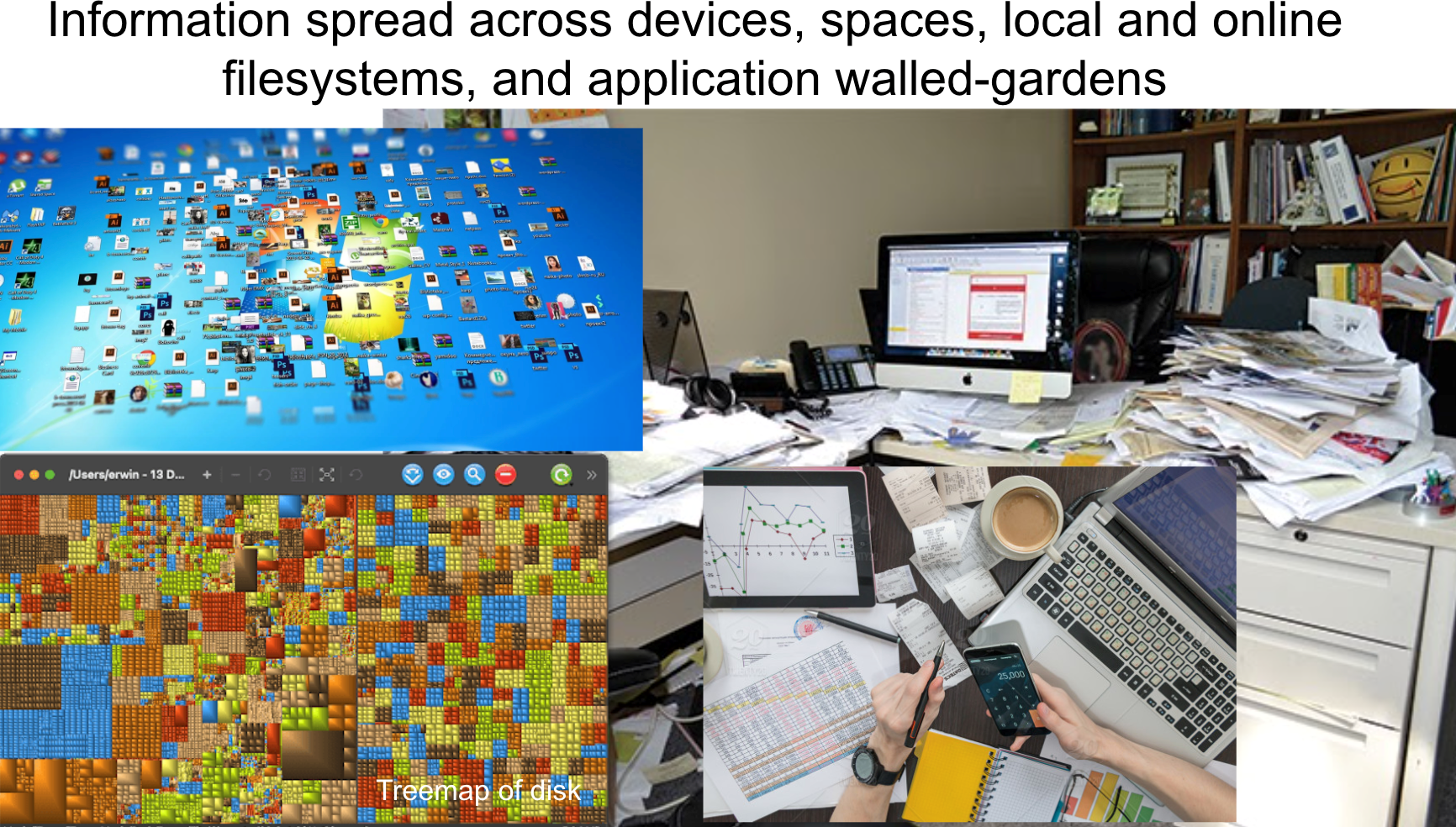Addressing the Challenge of Human-Technology Partnership in the Digital Era: A Human-Centered Information Space Approach*

Event: Conference
Location: Zoom
31 March 2022, 18.00-20.00 (Bucharest time)
James D. HOLLAN
Distinguished Professor of Cognitive Science and Computer Science at the University of California, San Diego
2021/2022 Fellow at the Paris IAS
Join Zoom Meeting
https://us02web.zoom.us/j/82820967469?pwd=RVV0NDJoTXBoMEN0YktqeDd4SFE0QT09
Meeting ID: 828 2096 7469
Passcode: 815904
“The computer desktop was an amazing design for its time, but does not reflect the complexity, flexibility, and sociality of human activity…Eventually we will have to reorganize the desktop to reflect the complex mix of activities users engage in and move beyond the rigidity of separate applications and files-and-folders.” – Bonnie Nardi, Acting with Technology: Activity Theory and Interaction Design, 2009.
For far too long we have conceived of thinking as something that happens exclusively in the head. Thinking happens in the world as well as the head. We think with things, with our bodies, with marks on surfaces, and with other people. Increasingly, we think with computers, often the one we carry with us every where. Computers are now ubiquitous and embedded in virtually every new device and system, ranging from the omnipresent cellphone to the complex web of socio-technical systems that pervade and shape modern life. They connect our activities to ever-expanding information resources with previously unimaginable computational power. Yet with all the increases in capacity, speed, and connectivity, computer-mediated information activities remain fragmented and frustrating.
Designing the future of work at the human-technology frontier is one of the ten long-term science and engineering challenges identified by the U.S. National Science Foundation. In this presentation, I argue that a core aspect of this challenge arises from an unquestioned view of information systems as collections of separate passive tools rather than active partners. The scale of information available and the sophisticated cognition demanded by contemporary information work has outpaced innovation in user interfaces. In modern computing systems, information is encapsulated in silos, leaving users to shuttle files between applications, cobbling together workflows, requiring troublesome context switching and increasing attentional demands. In short, we lack a human-centered information work space, a cognitively supportive visual space for intellectual work.
A human-centered information space is both an idea, and a computational environment. It is the idea of a spatial cognitive workspace—a desktop for intellectual activity—reified as a computational environment that actively supports the coordination of information activities. It should develop awareness of the history and structure of a user’s action: how she accomplishes activities through discrete tasks across devices, programs, and working sessions. Through use, each representation in the linked computational environment accumulates structure and context: not only who accessed it and when, but relationships to concurrent and other semantically related information and activities. This context and history of activity should drive the behavior of information representations. To the user, her information should seem alive, have awareness, know where it came from, how it got there, what it means—and behave accordingly. These dynamic representations will in turn guide the user’s future action, providing a supportive personalized information context. It is important to emphasize that the human-centered information space will not replace the user’s ecosystem of documents and applications, but be a separate space linked to them, acting as a home, a control center, a multi-modal but fundamentally ‘spatial workshop’ where information across applications will converge augmented with visual features and active behaviors to support the user in not only completing her tasks, but accomplishing long-term overarching activities.
________________________
*This presentation benefitted from a FIAS fellowship at the Paris Institute for Advanced Study (France). It has received funding from the European Union’s Horizon 2020 research and innovation programme under the Marie Skłodowska-Curie grant agreement No 945408, and from the French State programme “Investissements d’avenir”, managed by the Agence Nationale de la Recherche (ANR-11-LABX-0027-01 Labex RFIEA+)
Short bio

James Hollan
James Hollan is Distinguished Professor of Cognitive Science and Computer Science at the University of California, San Diego. He received the ACM SIGCHI Lifetime Research Award and is founding co-director of the Design Lab and the Distributed Cognition and HCI Lab. His research explores the cognitive consequences of computational media and addresses questions of importance for today’s increasingly technological society: How does technology shape our minds? How should what we know about our minds shape technology?
This event is organized within the framework of the NetIAS lectures series (Network of European Institutes of Advanced Study) hosted by NEC.